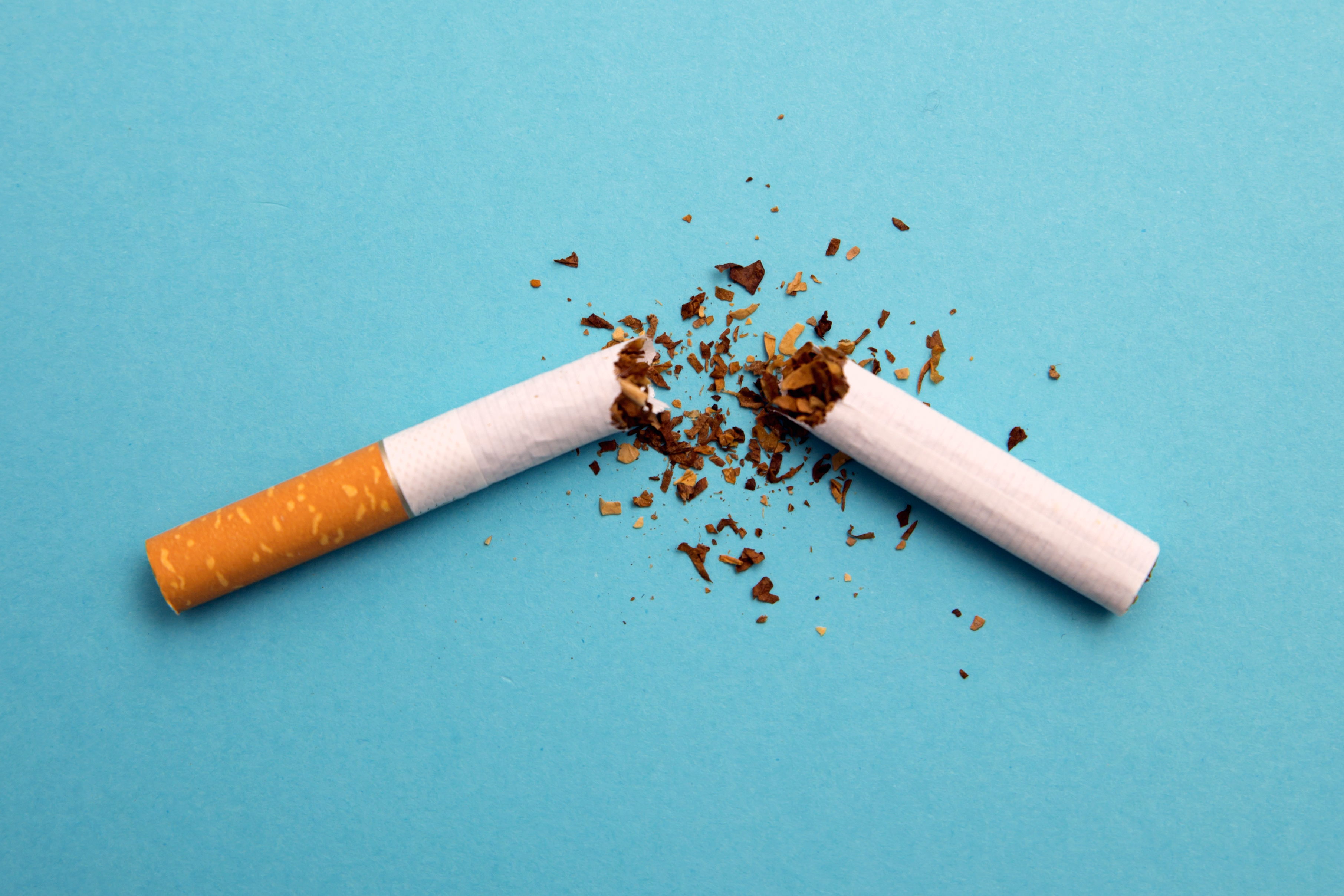What is Crack? What You’ll Know Will Absolutely Blow Your Mind!

What is crack? Crack is considered a “poor man’s drug” simply because it is significantly more affordable and cheaper than other drugs available on the streets. Crack and cocaine are essentially the same but the former is the type of cocaine that can be smoked. Cocaine per se cannot be smoked due to its extremely high melting point. Crack, on the other hand, is considered freebase cocaine, it is taken through smoking it, thus it comes with the other associated effects of smoking.
What is crack and how does it affect you?
There is a similarity in the effects of crack and cocaine but a notable difference in intensity. For instance, crack has a more intense and faster effect compared to cocaine, however, the effect is short-lived.
The Ugly, Dangerous Face of Crack
Crack has a stronger and much faster effect thus users are also more susceptible to overdose while smoking the drug. The side effects that you will experience with cocaine are practically magnified or intensified therefore you are doubly at risk. The risks you suffer from crack is increased with some of the common effects of cocaine such as high blood pressure, convulsions, heart attacks, rapid and irregular breathing, increased heart rate, and nausea. You will also experience appetite loss and difficulty sleeping. Think of those side effects and make them two times stronger and more dangerous.
What happens after the high?
Smoking crack results to various physiological and behavioral changes and these may occur fast and in a more intense level yet in a shorter period of time. Once the short-lived high is over, you will feel the sudden plummet. Most crack dependents fall into depression and this is one of the triggers for users to continue using the drug again and again. There is a cycle of use and dependence on the drug due to its rollercoaster of effects on the mood and emotional state of the person.
The more you use crack, the higher you are at risk of side effects such as hallucinations, extreme irritability, and psychosis. Crack is potentially mixed with other types of illicit drugs and chemicals and this mixture makes it more harmful to the body and the overall state of the user.
Crack Treatment Initiatives
The Canadian government is doing everything it can to address the increasing number of crack and cocaine addicts in the country. There are organizations such as the Centre for Addiction and Mental Health, Canadian Centre for Substance Abuse, and other support groups that aim to help cocaine and crack addicts kick their unhealthy, dangerous, and oftentimes fatal habit. There is also accessible help for families of cocaine and crack dependents because the road to recovery is not only for the abusers but also for the people around them.
What is crack? Crack is the condensed, highly addictive version of cocaine and it is a dangerous illicit drug that pulls you deeper into substance abuse and dependence. Your health and relationships stay critically on the line without seeking proper treatment and support.
s a depressant drug and it gives you that sense of calm and relaxation but when taken out of control, it is going to change your life forever.
Related article: Crack Cocaine Effects and How to Get Rid of the Habit
5 Things You Need to Urgently Know about Alcohol Detox
Getting help for your alcohol addiction is the first step to getting back your life and regaining control. Addiction to alcohol is like being enslaved to something that you don’t know the way out. Alcoholism dictates what you should do and being dependent on alcohol makes it the center of your life, nothing and no one else matters to you but your drinking and getting your next fix.
Here are 5 important things you need to know about alcohol detox and how it can help you go back to a healthy lifestyle:
1. Alcohol Detoxification is a Structured Treatment
Alcohol abuse has the power to turn your life upside down and detoxification from alcohol means getting a structured and supervised treatment to put things back to its proper place once more. The process is medically supervised and it involves the phases of alcohol withdrawal wherein the physician in charge prescribes medication in order to counter the withdrawal symptoms.
2. The Length of the Detox Process is Case-to-Case Basis
How long the detoxification would last actually depends on the client but alcohol detox generally last anywhere between 5 and 14 days. There are various factors that may influence the length of the treatment such as family history, how long the alcoholic has been struggling with the alcohol abuse, and the severity of the signs and symptoms of withdrawal.
3. Treatment and Detox Facilities Vary
Alcohol detox usually takes place in different settings depending on the program and the needs that the patient requires. There are medical clinics and hospitals that have detox programs and the rehabilitation would take place in the facility as part of an inpatient program. You can also find residential rehabilitation programs in private rehab facilities.
4. Post-Detox Programs are Available
What happens after the alcohol detox is complete? There are continuous and ongoing programs offered such as outpatient programs, partial hospitalization, day treatment, and more intensive programs for outpatient cases.
5. Withdrawal Symptoms Have Corresponding Medications
There are dangerous symptoms of withdrawal that manifest during the detoxification process and these require matching medications. Symptoms such as sweating, craving, nausea, trembling, and severe agitation are common. The withdrawal symptoms are countered with common medications such as chlordiazepoxide.
Alcohol detox is the first step towards getting rid of your seemingly hard to break drinking habit. The initial stage to quitting drinking is one of the hardest and most demanding phases of the treatment process. The result leads you back to a healthy and alcohol-free lifestyle which is worth all the hardships you bear. Call Inspire Change Addiction Rehab in Vancouver for addiction treatment programs.


